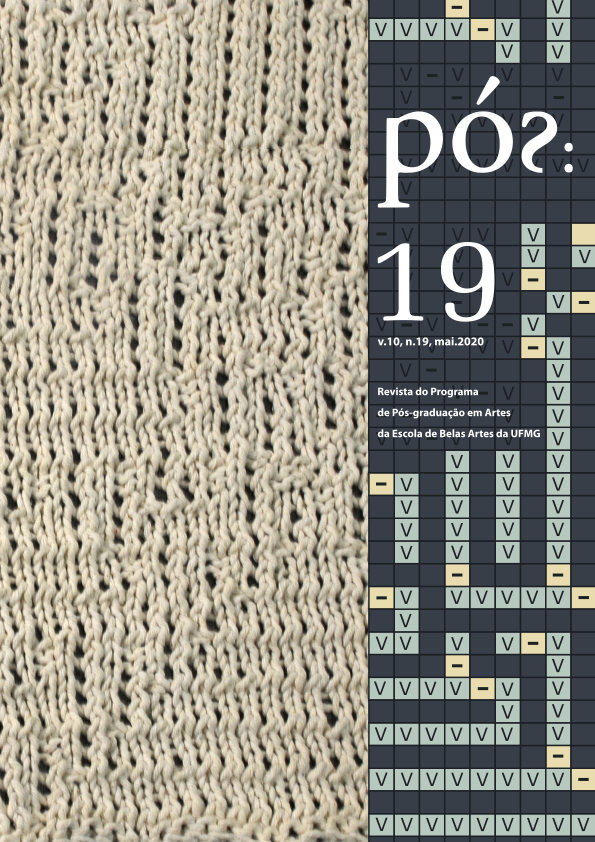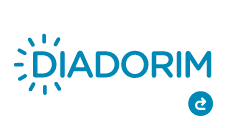Identidad híbrida
Un estudio del desarrollo de la identidad propria con medios digitales e inteligencia artificial
DOI:
https://doi.org/10.35699/2237-5864.2020.21572Palabras clave:
Identidad, Híbrido, Auto-identidad, Tecnología, Inteligencia artificialResumen
La sociedad actual está constantemente fijada detrás de una pantalla. Cada momento de nuestras vidas despiertas se sube y se comparte en línea para que el resto del mundo lo navegue y la forma en que la gente nos ve se ha convertido en algo muy importante para nosotros. Nuestro sentido de la identidad se ha formado para centrarse en cómo los demás podrían pensar en nosotros, en lugar de formar y comprender nuestra propia identidad. Este estudio profundizará en si nuestras identidades propias han cambiado drásticamente debido a que el mundo gira en torno a los medios digitales. Además, si esto está llevando al desarrollo de una nueva forma "híbrida" de identidad que va de la mano con la tecnología.
Citas
CANBEK, N.G.; MUTLU, M.E. On the track of artificial intelligence: Learning with intelligent personal assistants. Journal of Human Sciences, v. 13, n. 1, p. 592-601, 2016
DIAKOPOULOS, N. Automating the news: How algorithms are rewriting the media. Cambridge, MA: Harvard University Press, 2019.
DUMAS, T. M. et al. Lying or longing for likes? Narcissism, peer belonging, loneliness and normative versus deceptive like seeking on Instagram in emerging adulthood. Computers in Human Behaviour, v. 71, 1-10, 2017.
FLUSS, Donna. The AI Revolution in Customer Service. Customer Relationship Management, p. 38, jan. 2017.
GIDDENS, A. Modernity and Self Identity: self and society in the late modern age. Cambridge: Polity Press, 1991.
BAUMAN, Z. From Pilgrim to Tourist – or a Short History of Identity. In: HALL, S.; DU GAY, P. (Ed.). Questions of Cultural Identity. London: Sage Publications, 1996. p. 18-25.
HUANG, M.; RUST, R. Artificial Intelligence in Service. Journal of Service Research, v. 21, n. 2, p.155-156, 2018.
LASCH, C. The culture of narcissism: American life in an age of diminishing expectations. New York: Norton & Company. 1979.
LINDÉN, C.-G.; et al. News automation: The rewards, risks and realities of “machine journalism”. Frankfurt: World Association of Newspapers and News Publishers, WAN-IFRA, 2019.
LOPATOVSKA, I. et al. Talk to me: Exploring user interactions with the Amazon Alexa. Journal of Librarianship and Information Science, v. 51, n. 4, p. 984-997, 2018.
MANAGO, A. et al. Self-presentation and gender on MySpace. Journal of Applied Developmental Psychology, v. 29, n. 6, p.446-458, 2008.
MORRIS, J. Can computers create art?. New York: Atropos Press, 2009
MINSKY, Marvin. The Emotion Machine: Commonsense Thinking, Artificial Intelligence, and the Future of the Human Mind. New York: Simon & Schuster, 2006.
VAN HOUSE, N.; CHURCHILL, E. Technologies of memory: Key issues and critical perspectives. Memory Studies, v. 1, n. 3, p. 295-310, 2008.
VALKENBURG, P.; Schouten, A.; Peter, J. Adolescents’ identity experiments on the internet. New Media & Society, v. 7, n. 3, p. 383-402, 2005.
Descargas
Publicado
Cómo citar
Número
Sección
Licencia
Los autores que publican en esta revista aceptan los siguientes términos:
- Los autores conservan los derechos de autor y conceden a la revista el derecho de primera publicación, con el trabajo bajo la Licencia Creative Commons Attribution-NonCommercial 4.0 International License que permite compartir el trabajo con reconocimiento de autoría y publicación inicial en esta revista;
- Los autores pueden celebrar contratos adicionales por separado, para la distribución no exclusiva de la versión del trabajo publicado en esta revista (por ejemplo, publicar en un repositorio institucional o como capítulo de un libro), con reconocimiento de autoría y publicación inicial en esta revista.
- Se permite y anima a los autores a publicar y distribuir su trabajo en línea (por ejemplo, en repositorios institucionales o en su página personal) en cualquier momento antes o durante el proceso editorial, ya que esto puede generar cambios productivos, así como aumentar el impacto y la cita del trabajo publicado.
- Es responsabilidad de los autores obtener permiso escrito para utilizar en sus artículos materiales protegidos por la ley de derechos de autor. La Revista PÓS no se hace responsable de las violaciones de los derechos de autor de sus colaboradores.











